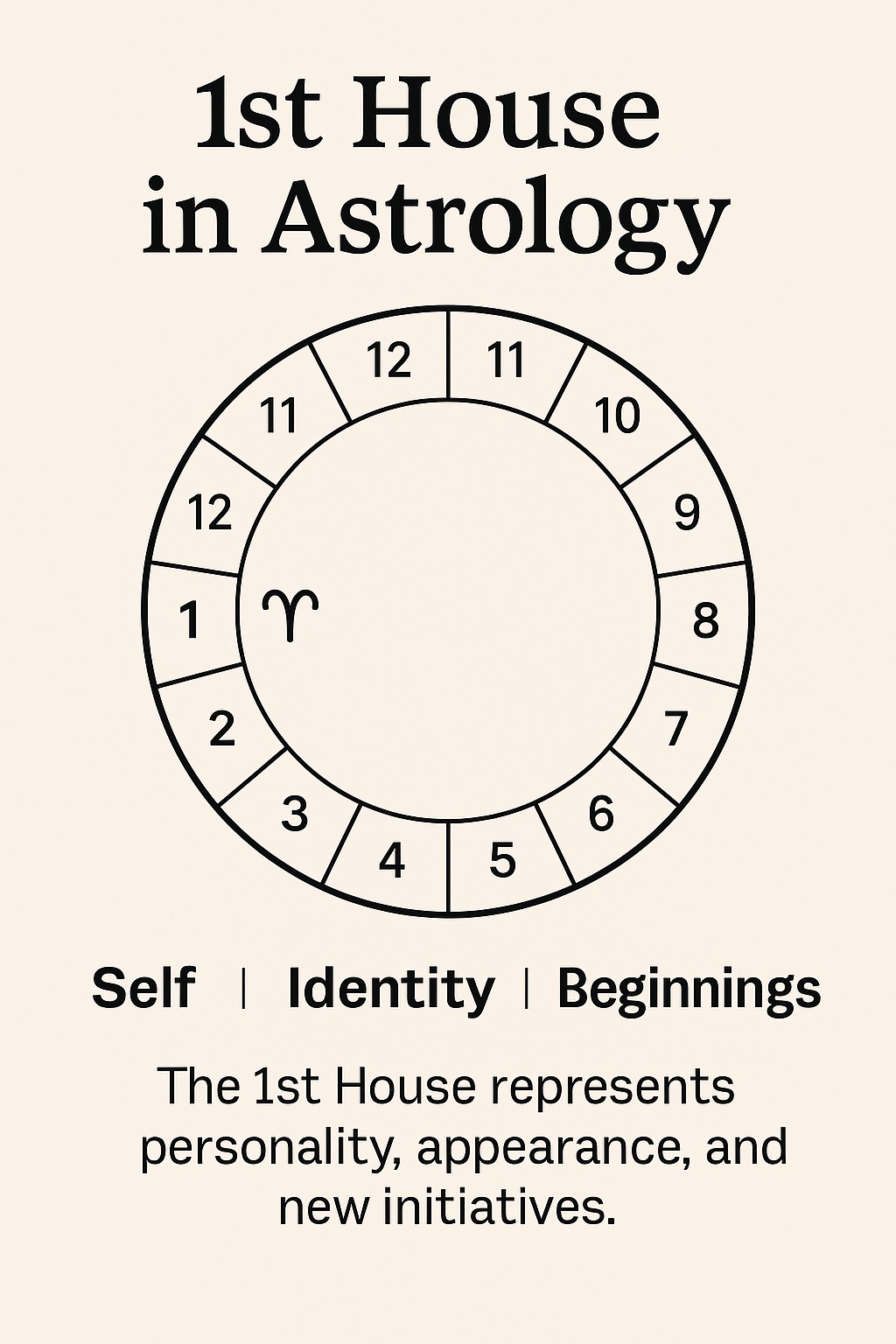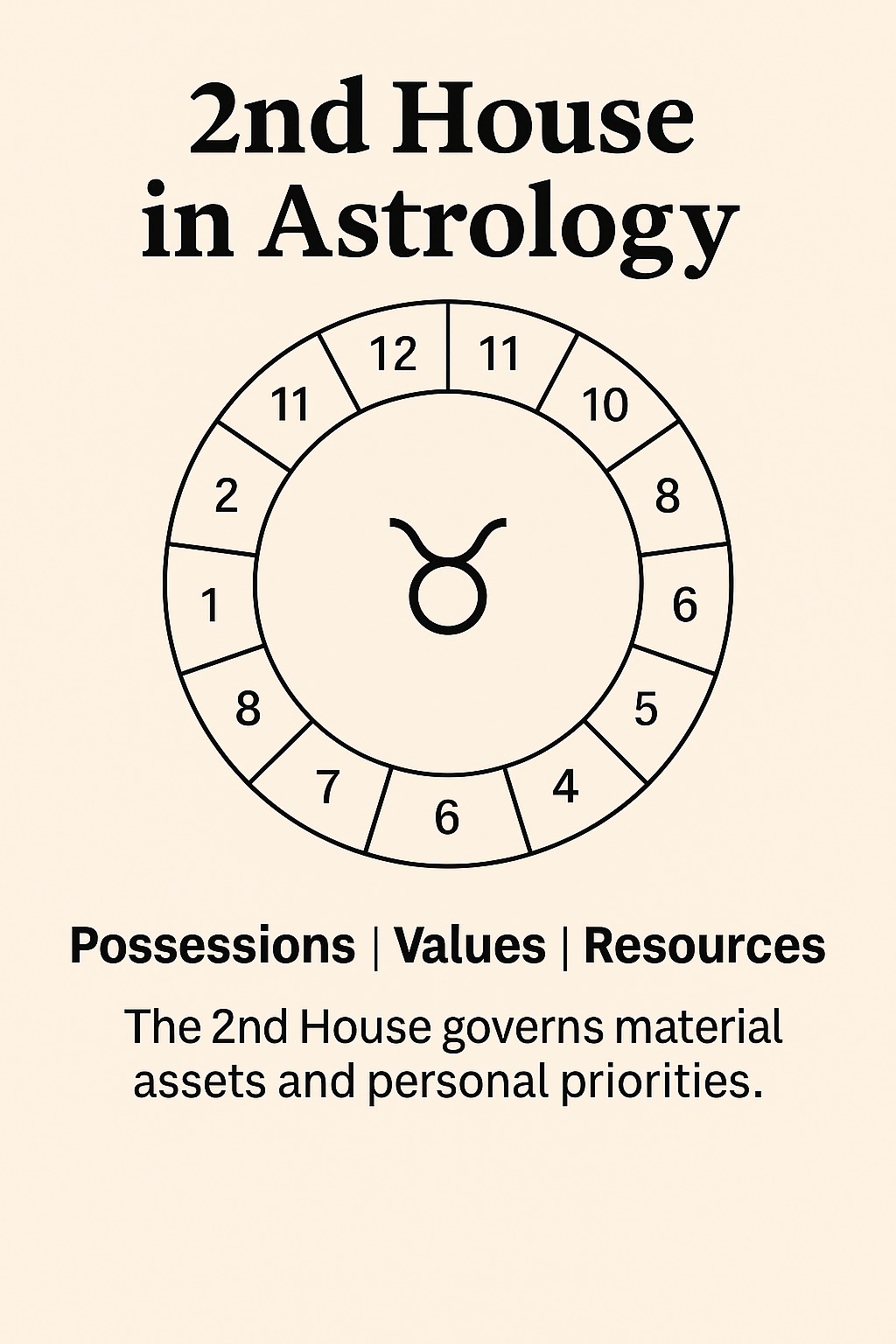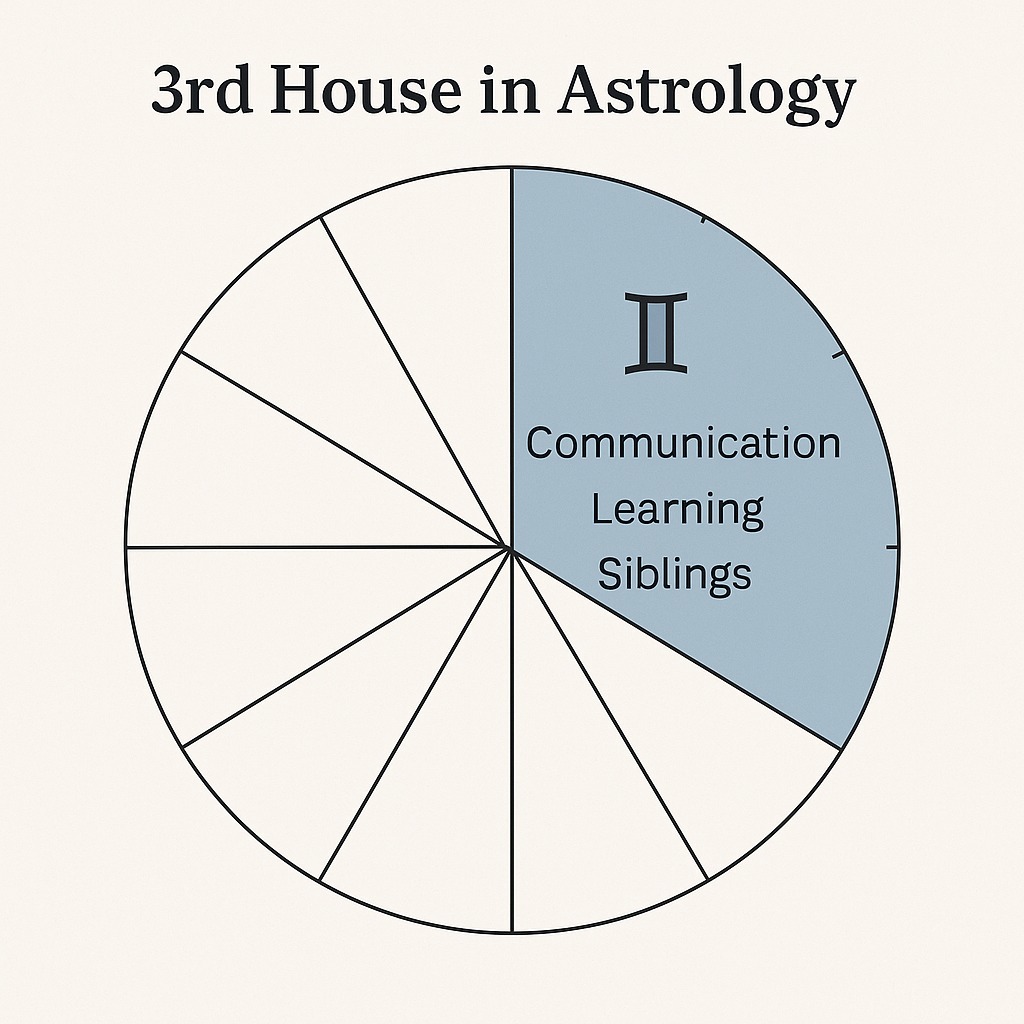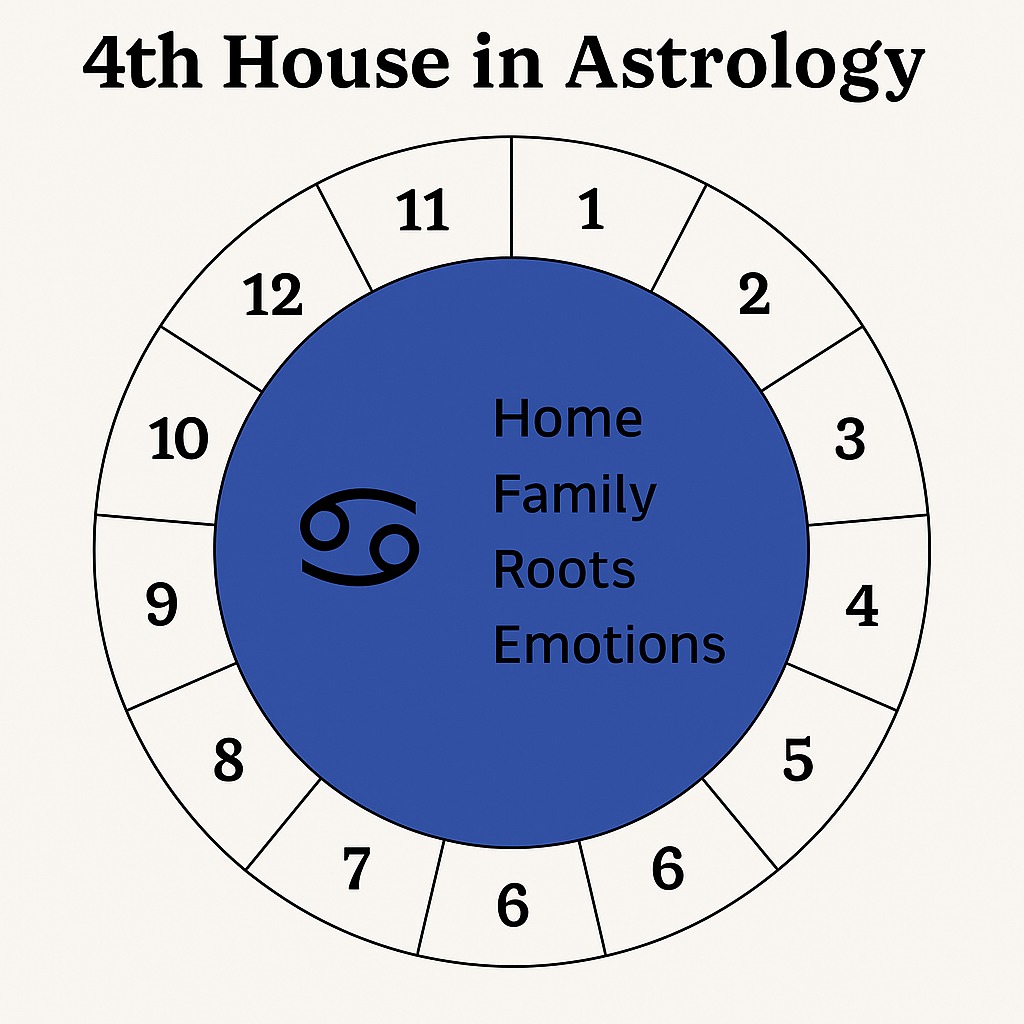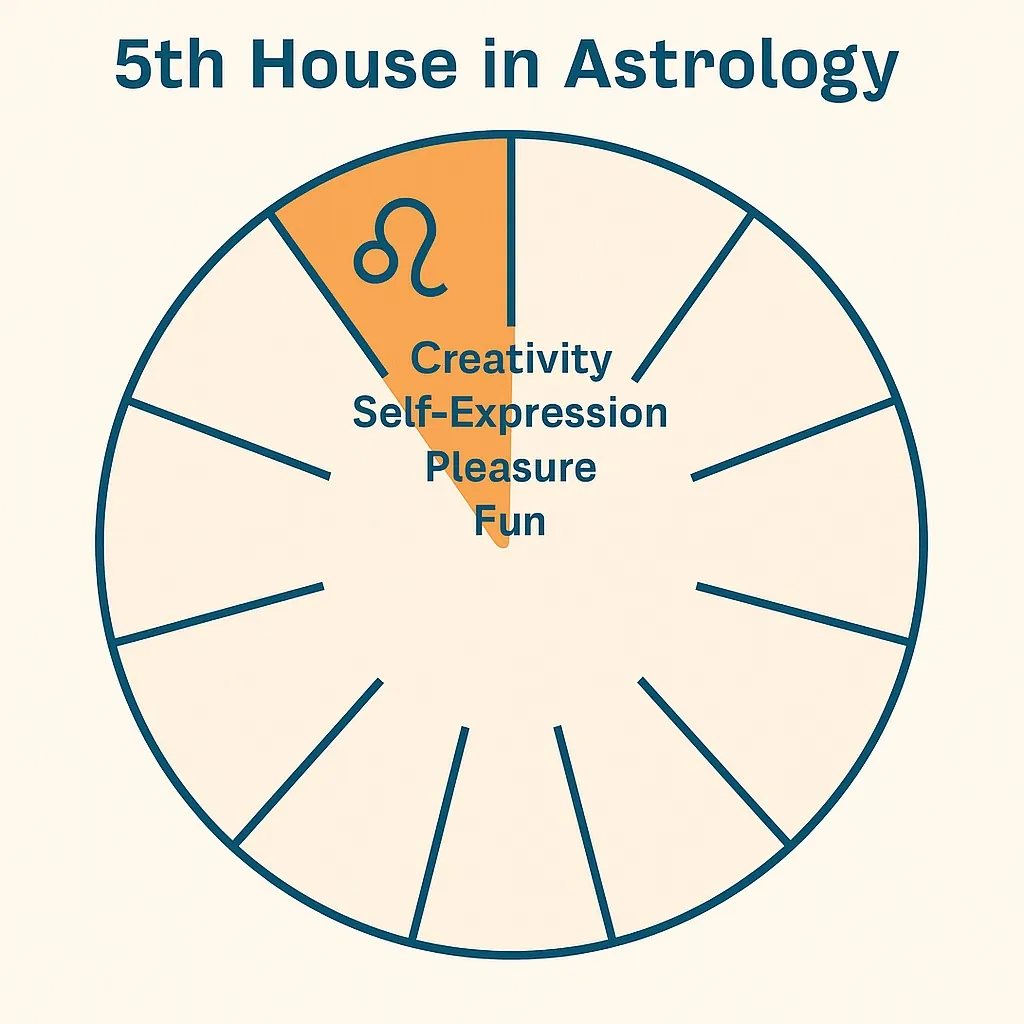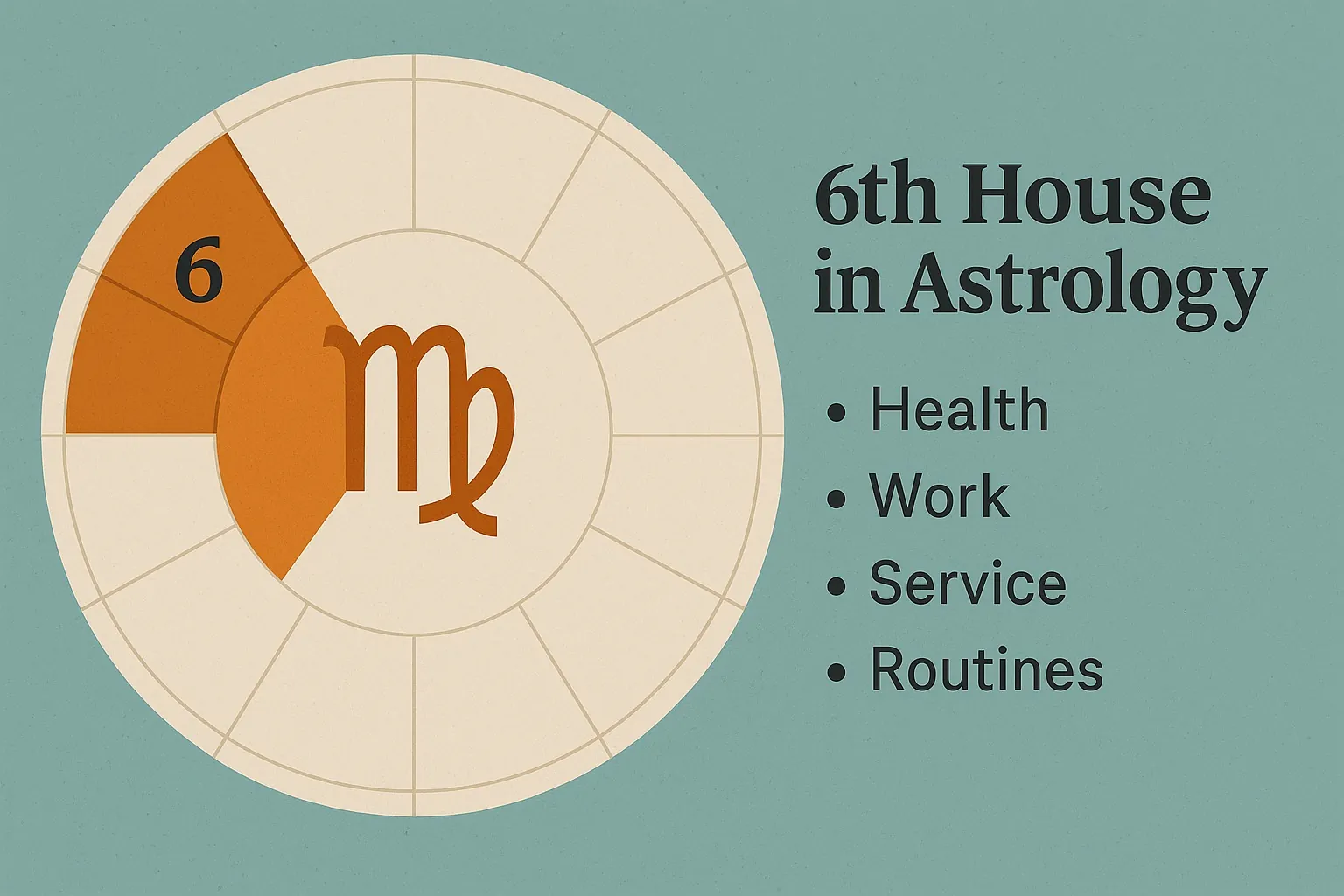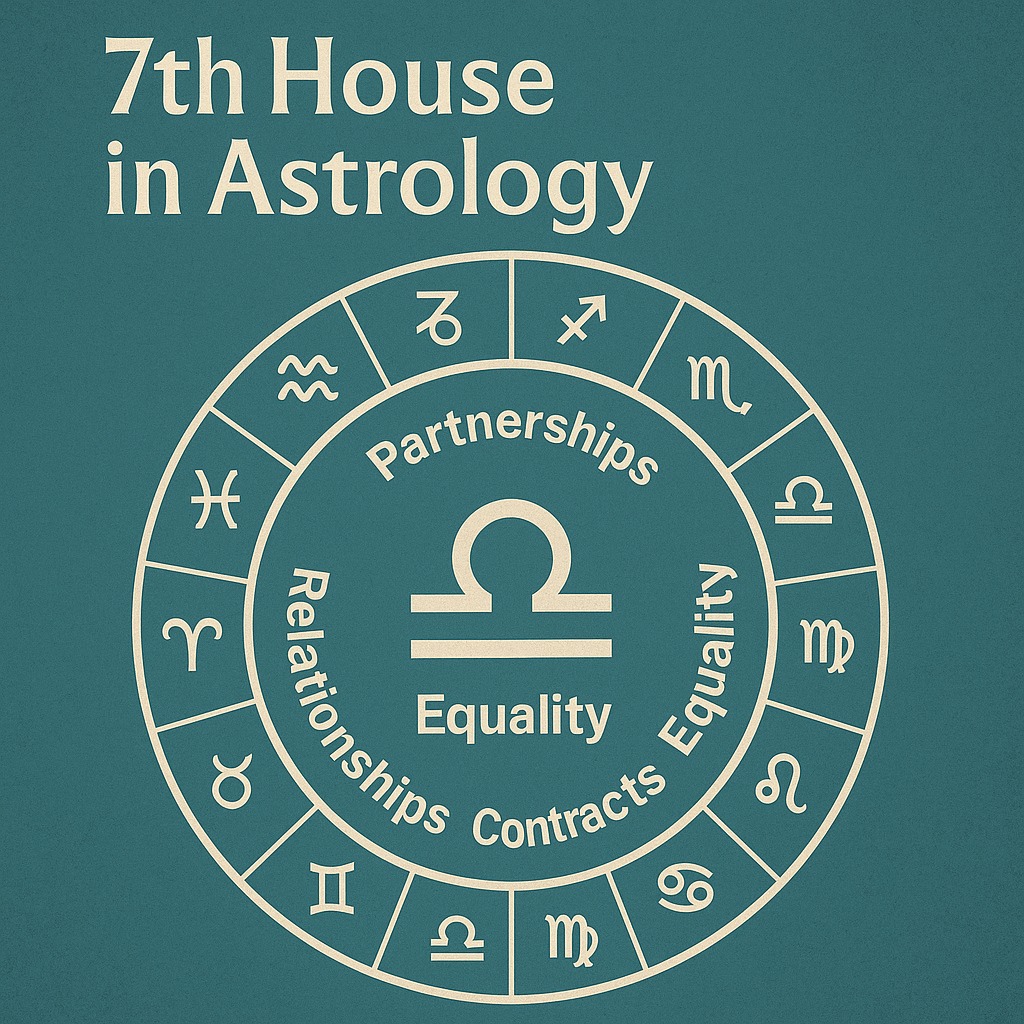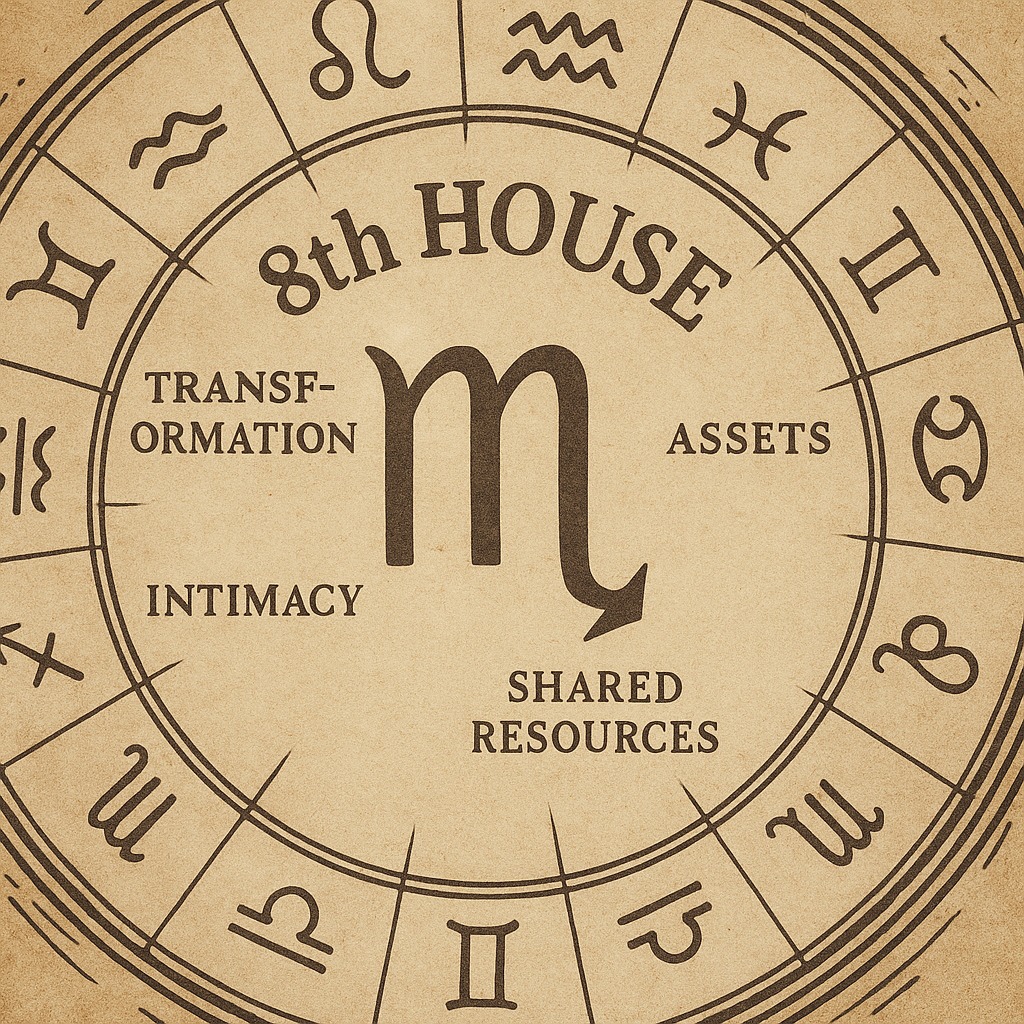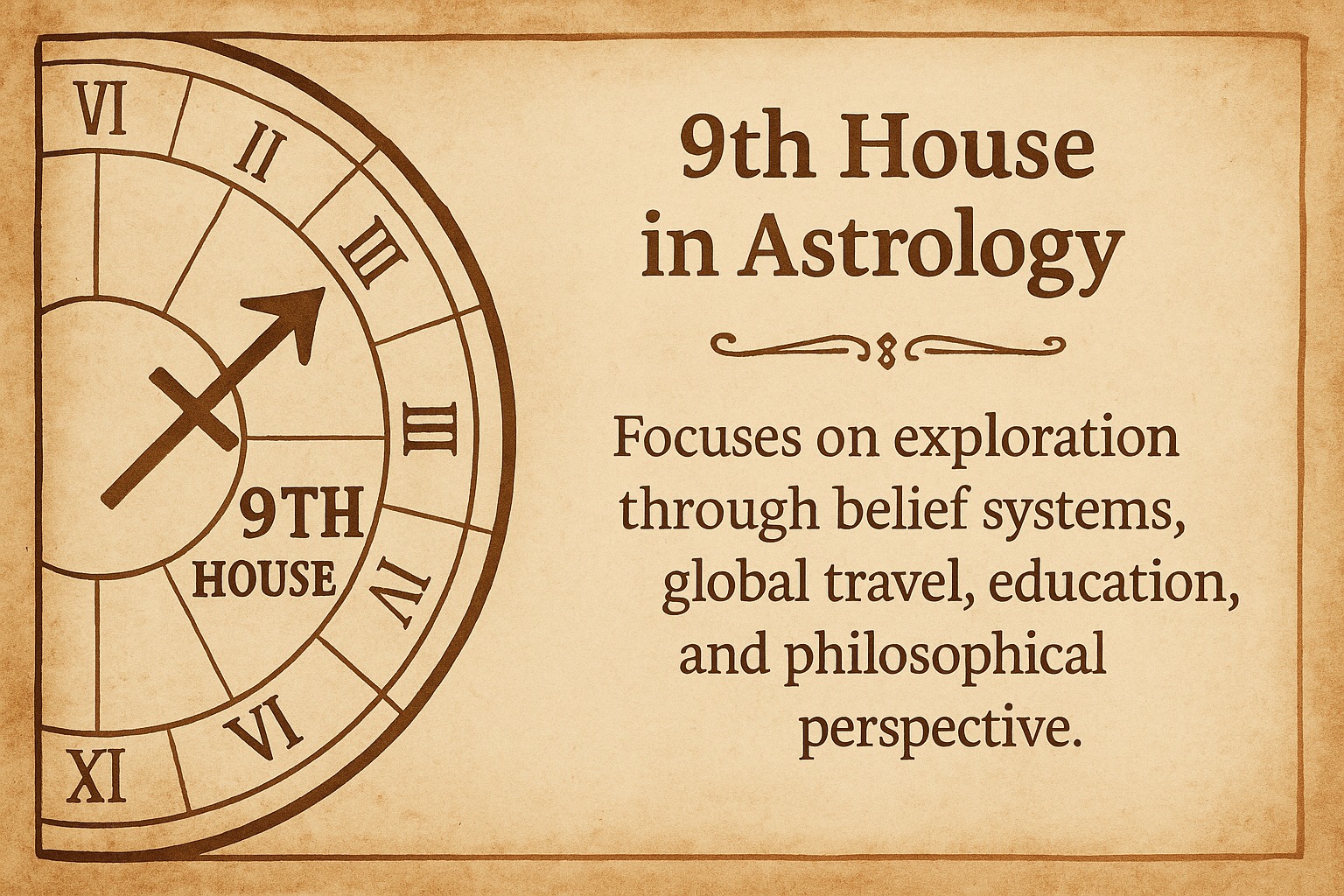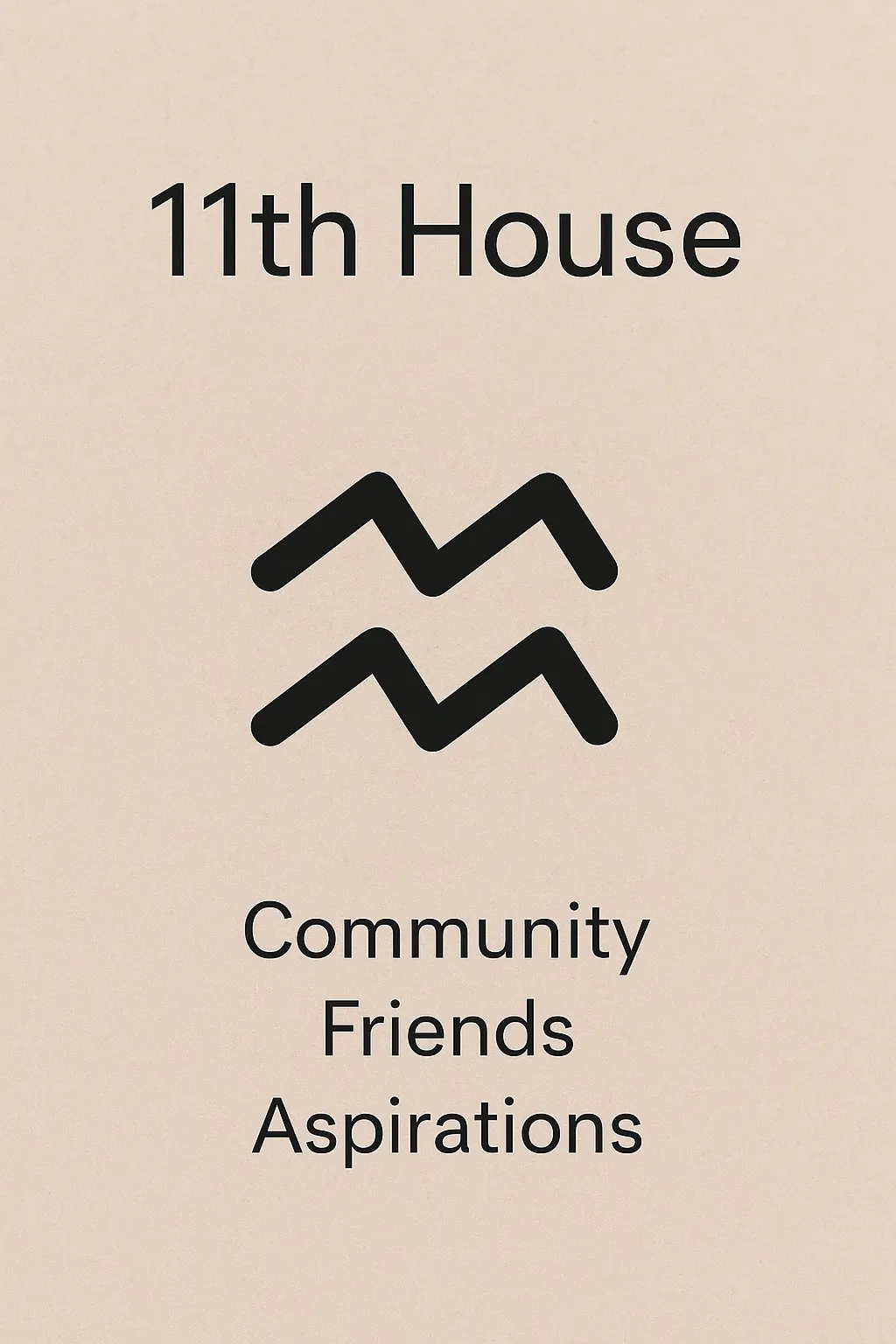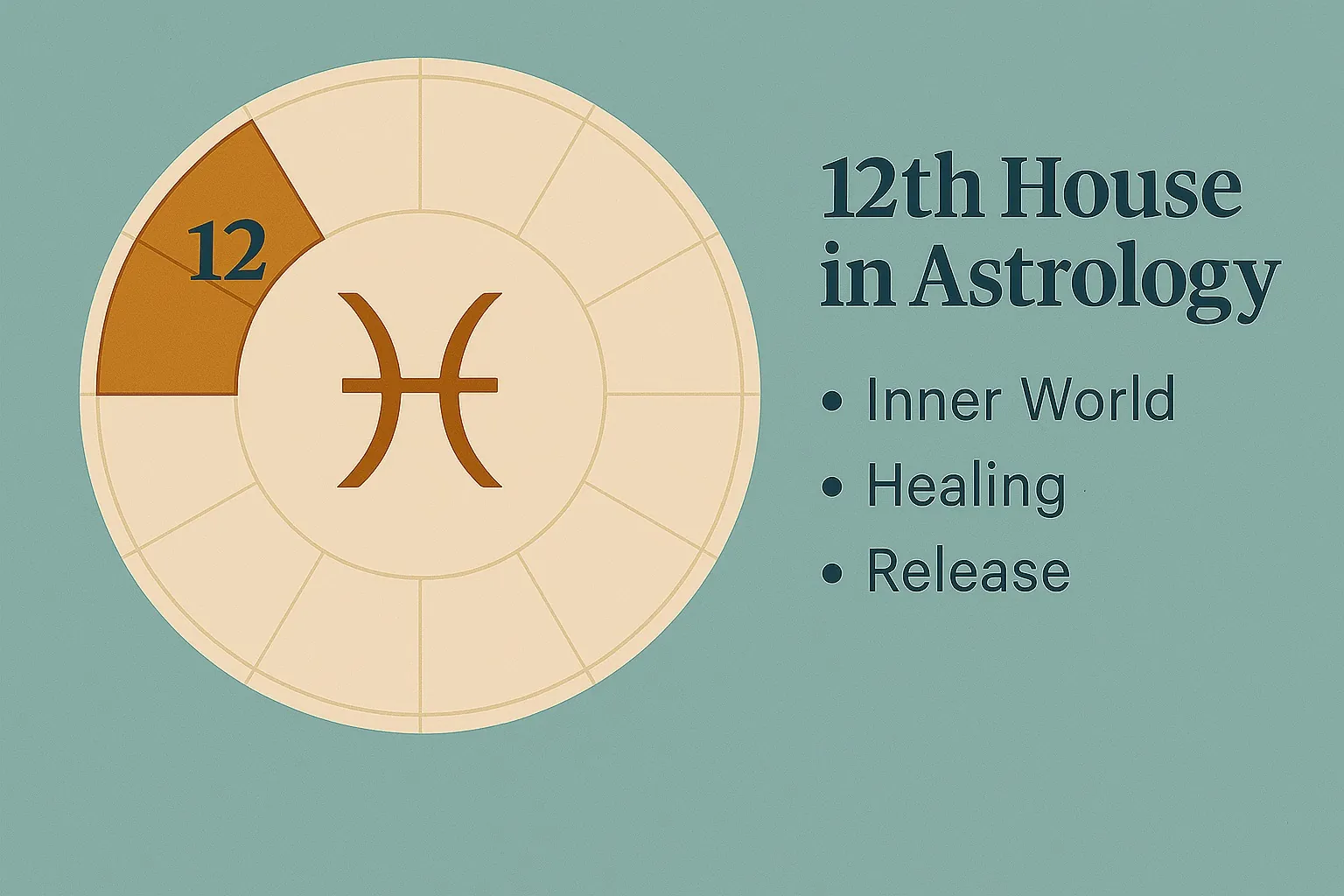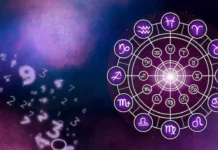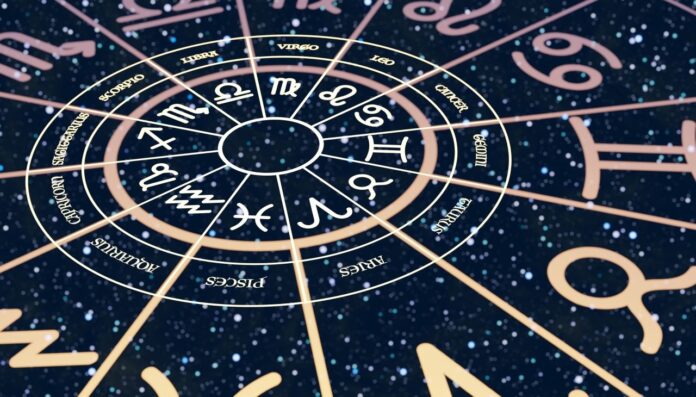
Astrology shows its depth through the structure of the twelve houses. Each one shapes a different part of life-how a person sees themselves, what they build, how they connect, where they retreat. Everything in the chart lands somewhere.
Every planet operates inside a house. That placement turns energy into experience. That’s why houses in astrology can provide more depth when compared to standard daily horoscope insights.
No interpretation holds meaning without that framework. Houses bring astrology down to earth. They tell where life happens, point to patterns that repeat, and show timing without guessing. To grasp how astrology works in practice, start with the houses. Each one speaks clearly when given the right attention.
Now, explore the twelve houses in astrology and what they truly mean.
1st House: The Face You Show the World
The 1st house defines how a person steps into the world. Not personality alone, but the surface they wear. First impressions, reactions to new situations, and how others perceive someone all fall under this house. It begins the chart-located where the Ascendant (or rising sign) sits-and marks the horizon line at birth.
A strong 1st house often signals direct presence or influence. If planets cluster here, appearance and behavior shape much of the personal narrative. No matter the deeper story, the world meets the mask worn here first.
| Rising Sign | Outer Impression | Social Energy Type |
|---|---|---|
| Aries | Assertive | Initiator |
| Libra | Polished | Harmonizer |
| Scorpio | Intense | Observer |
| Pisces | Elusive | Empath |
Insight
Reputation begins at this line of the chart. Clothing choices, speech rhythm, posture-all tied to this zone.
Advice
Pay close attention to how you enter rooms or start projects. Patterns repeat more than expected here.
2nd House: What You Own and How You Value
Ownership means more than physical things. The 2nd house governs values, stability, and the emotional tone behind security. It asks what someone claims as theirs and how much value they assign to it. Finances sit here, but so do principles.
This house shows how a person earns, what they believe about wealth, and where self-worth lives. It links tightly to patterns of saving, spending, hoarding, or giving. Signs and planets here influence money habits and emotional ties to possessions.
| Element | Earning Style | Financial Traps |
|---|---|---|
| Earth | Steady accumulation | Fear of loss |
| Fire | Risk-taking ventures | Overspending cycles |
| Water | Emotion-driven giving | Undervaluing talents |
| Air | Intellectual projects | Scattered priorities |
Is It About Money or Meaning?
Many with strong 2nd house placements chase value more than cash. The actual source of security tells a deeper story than numbers on a screen.
Personal Practice
Write down five things you refuse to part with and ask why. Every answer reveals something your 2nd house already knows.
3rd House: The Way You Speak and Connect
Words form the skeleton of this house. Not only spoken words but messages, quick thoughts, immediate responses. The 3rd house ties to short trips, sibling dynamics, early learning, and neighborhood energy.
Planets here shape how a person gathers and shares information. Some talk fast, some write constantly, some listen deeply and only speak when sure. The house often reflects how someone grew up processing input.
| Focus Area | What to Watch For |
|---|---|
| Communication | Speech patterns, clarity |
| Siblings | Power dynamics, influence |
| Short Travel | Patterns in daily movement |
| Learning Style | Visual, auditory, kinesthetic |
Don’t Skip the Small Talk
Connections built through quick conversations can carry surprising weight. Strong third-house activity makes ordinary exchanges meaningful.
Practical Exercise
Record your tone during casual conversations over three days. Patterns reveal more than opinions ever do.
4th House: The Place You Call Home
Beneath every surface sits a root system. The 4th house holds that soil. It governs home life, ancestry, privacy, emotional security, and whatever defines “safe space.” Located at the bottom of the chart, it acts like a foundation.
Family stories often live here. So do inherited traits that feel invisible but weigh heavy. This house marks where the chart turns inward. The public does not reach here easily.
| Sign on Cusp | Ancestral Focus | Emotional Tone |
|---|---|---|
| Cancer | Nurturing patterns | Protective, intuitive |
| Capricorn | Duty and structure | Reserved, achievement-focused |
| Sagittarius | Movement and belief | Restless, optimistic |
| Gemini | Conversations and ideas | Curious, talk-driven |
Family Is Not Always Blood
The 4th house shows who you let in, not only who raised you. Safety grows in many forms.
Reflection Prompt
Describe a moment you felt most at home. Location, smell, sound-detail it all. Then find where that lives in your birth chart.
5th House: Joy, Romance, and What Feels Worth Creating
Creativity finds its place here, but not in the polished or professional sense. The 5th house deals with raw expression-what someone makes simply because they want to. It covers love that excites, projects born of passion, and risks taken for the thrill of feeling alive. Children also fall under this house, both literal and symbolic.
Nothing forced thrives here. The 5th house responds to inspiration, not pressure. Strong placements often push people toward arts, flirtation, games, performance, or creative leadership. What brings joy also exposes vulnerability.
| Focus | 5th House Expression |
|---|---|
| Romance | Flirting, affection, emotional high points |
| Creativity | Unfiltered self-expression, personal style |
| Risk | Gambling, chance, fun with stakes |
| Legacy | Children, mentoring, symbolic creation |
You Do Not Need an Audience
Creative drive exists with or without recognition. The 5th house shines when someone allows play to lead.
Reminder
Notice where joy fades under obligation. That’s a signal the 5th house has been left behind.
6th House: Daily Routines, Health, and Quiet Service
Work begins here-but not ambition. The 6th house represents duty, wellness, schedules, and systems. It tracks how someone handles everyday responsibilities. Unlike the 10th house, which relates to public success, this one focuses on efficiency and function.
Planets in this area suggest habits around food, exercise, work ethic, caretaking, and personal discipline. Too much energy here can lead to burnout. Too little, and things fall apart quietly.
| Element Type | 6th House Habits |
|---|---|
| Earth | Reliable, structured routines |
| Water | Emotion-guided work flow |
| Air | Task-switching, scattered structure |
| Fire | Energetic but inconsistent cycles |
Not All Work Is Paid
Tasks done in private still carry weight. The 6th house covers what sustains health and order without applause.
Track the Small Stuff
Keep a log of your morning habits for seven days. Patterns reveal what supports you and what drains you. Maybe a proper meal plan will help you gain more control over your habits.
7th House: Committed Partnerships and What Mirrors You
Partnerships live here, in all forms that require mutual agreement. The 7th house reflects serious one-on-one bonds-marriage, contracts, business alliances, or rivals. Unlike the 5th, which speaks of passion, this house defines what lasts because it has structure.
This is also the first house opposite the self. For that reason, it acts like a mirror. What someone seeks in others often reveals hidden parts of themselves. Compatibility questions begin here.
| Type of Bond | 7th House Themes |
|---|---|
| Romantic | Marriage, union, formal commitment |
| Legal | Contracts, lawsuits, public agreements |
| Business | Partnerships, mergers, obligations |
| Reflection | Projection, shadow work, patterns in others |
What You Dislike in Others Says Something Too
Friction in partnership often points to unresolved aspects of your own behavior. The 7th house holds that tension until it’s faced.
Consider This
Write down traits you expect in a partner. Then write the traits you often attract. Compare the lists and look for contradictions.
8th House: Shared Resources, Power, and Inner Transformation
Here lies intensity. The 8th house governs what people do not show in public-shared finances, intimacy, secrets, endings, and psychological rebirth. Inheritance, taxes, hidden debts, and even sexuality fall here. This house deals with all things that require surrender or exchange.
It pushes for depth. Superficial answers do not apply here. Planets placed in this house often mark areas of life tied to control, loss, or deep inner shifts.
| Theme | 8th House Focus |
|---|---|
| Money | Joint accounts, loans, inheritances |
| Intimacy | Physical and emotional bonding |
| Transformation | Therapy, crisis, loss, survival |
| Power | Control dynamics, manipulation, trust |
You Cannot Skip the 8th House
Every person experiences loss, merging, or drastic change. Resistance increases suffering. Acceptance makes growth possible.
Reflect Before Rebuilding
Ask what you lost and what you gained in your last major turning point. That answer shows how your 8th house speaks.
9th House: Belief, Travel, and the Search for Meaning
Curiosity expands here. The 9th house governs philosophy, spiritual views, higher education, publishing, and long-distance travel. Where the 3rd house covers daily thinking and short communication, the 9th stretches thought into systems-ethics, religion, cultural frameworks.
People with strong 9th house activity often seek new experiences far from home. Sometimes through literal travel. Sometimes through books, teachers, or personal study. It reflects how a person builds meaning out of chaos.
| Area | 9th House Connection |
|---|---|
| Belief | Religion, philosophy, spiritual views |
| Travel | Cross-cultural experiences, journeys |
| Learning | University, study abroad, publishing |
| Teaching | Sharing worldview, mentoring others |
Belief Is Not Always Spiritual
A person’s code can come from science, politics, art, or lived experience. The 9th house tracks what becomes sacred.
Ground the Vision
Write one sentence that summarizes your worldview. Not a motto-something you actually live by. That sentence shows what guides your decisions.
10th House: Career, Status, and Public Identity
This is the top of the chart. The 10th house marks legacy, visibility, career direction, and public roles. It shows how someone appears in their outer life-not their private self, but the self the world sees.
Jobs show up here, but not every job reflects this house. The 10th points to work that defines reputation, brings responsibility, and connects to long-term contribution. Parents (especially authority figures or the more dominant one) are often linked here as well.
| Sign on Cusp | 10th House Style of Ambition |
|---|---|
| Aries | Competitive, action-based |
| Virgo | Detail-oriented, service-driven |
| Capricorn | Structured, long-game focused |
| Aquarius | Original, change-motivated |
Visibility Has a Cost
The 10th house brings rewards, but also pressure. Reputation builds slowly and can shift fast. Use this space with care.
Look Up, Not Sideways
List the top three achievements that matter to you-not to others. That list shows how your 10th house finds meaning in effort.
11th House: Community, Collective Goals, and Social Impact
The 11th house connects individuals to larger systems. Groups, causes, friendships, social media, and movements all sit here. This house tracks how a person contributes to something beyond the self.
Often, this space shows where someone networks or builds alliances. It carries both idealism and strategy. The desire to belong mixes with the drive to influence.
| Domain | 11th House Impact |
|---|---|
| Friends | Chosen allies, peer groups, shared support |
| Goals | Vision for future, long-term strategy |
| Causes | Activism, volunteering, shared missions |
| Innovation | Trends, tech, ideas ahead of their time |
Friendships Reflect Aspirations
People naturally move toward others who reflect their future-not their past. Watch who inspires growth.
Rethink the Crowd
Choose one group or platform you spend time on. Ask if it aligns with your direction. If it drains instead of fuels, distance is healthy.
12th House: The Unseen, the Sacred, and the Deep Self
Silence lives here. The 12th house governs dreams, subconscious patterns, hidden fears, isolation, and spiritual repair. It represents what happens when no one watches-or when no one understands. Hospitals, prisons, monasteries, retreat centers-all echo this house.
Many associate it with loss, but more accurately, it points to surrender. Not the kind that gives up, but the kind that lets go of what control cannot solve.
| Symbolic Realm | 12th House Associations |
|---|---|
| Dreams | Messages, symbols, insights from the subconscious |
| Healing | Solitude, therapy, rituals, endings |
| Isolation | Inner journeys, time apart, boundaries from noise |
| Spirituality | Connection without structure, wordless knowing |
Solitude Is Not Absence
Restoration often requires silence. The 12th house teaches when to listen instead of speak.
Inner Work Is Still Work
Journal about one recurring dream or memory. Sit with it. Reflect on how it shows up in your life today. That thread leads to the deeper self.
Common Questions About the Houses in Astrology
What determines which house a planet falls into?
The position of each planet in a birth chart depends on the exact time, date, and location of birth. Houses are time-based divisions, so even two people born on the same day may have different house placements if their birth times differ. Software or astrologers use this data to calculate planetary positions within the twelve-house structure.
Are house cusps important?
Yes, house cusps are the dividing lines between one house and the next. The sign on a cusp gives a clue to the tone or lens through which that house expresses itself. The sign on the cusp of the 1st house is the Ascendant, and every house that follows carries its own sign based on that starting point.
What does it mean if a house has no planets?
A house with no planets is not empty of meaning. The sign on the cusp and the ruler of that sign (known as the house ruler) still provide interpretation. The absence of a planet means the house theme may not dominate, but it still operates within the larger chart.
Do retrograde planets affect house interpretation?
Retrograde planets in houses suggest inward focus or slower development in that area. For example, Mercury retrograde in the 3rd house might point to non-linear communication habits or delays in early learning. Each retrograde planet carries specific nuance based on its role in the chart.
Final Thoughts
The twelve houses in astrology do not float above life-they run through it. Each one maps a space where events unfold, patterns emerge, and personal history takes form. Together, they create the stage where planets act, signs color, and timing delivers its lessons. Without the houses, a chart has symbols but no structure.
What defines a relationship, a talent, a fear, or a turning point becomes clear only when seen through the lens of placement. The houses provide that anchor. Every challenge, every gift, every cycle holds a location on the wheel. Learning how to read those spaces means stepping into astrology with both feet on the ground.
No matter the path, the houses remain. They keep the framework steady as everything else moves. Return to them often. Each time, they reveal something new.

